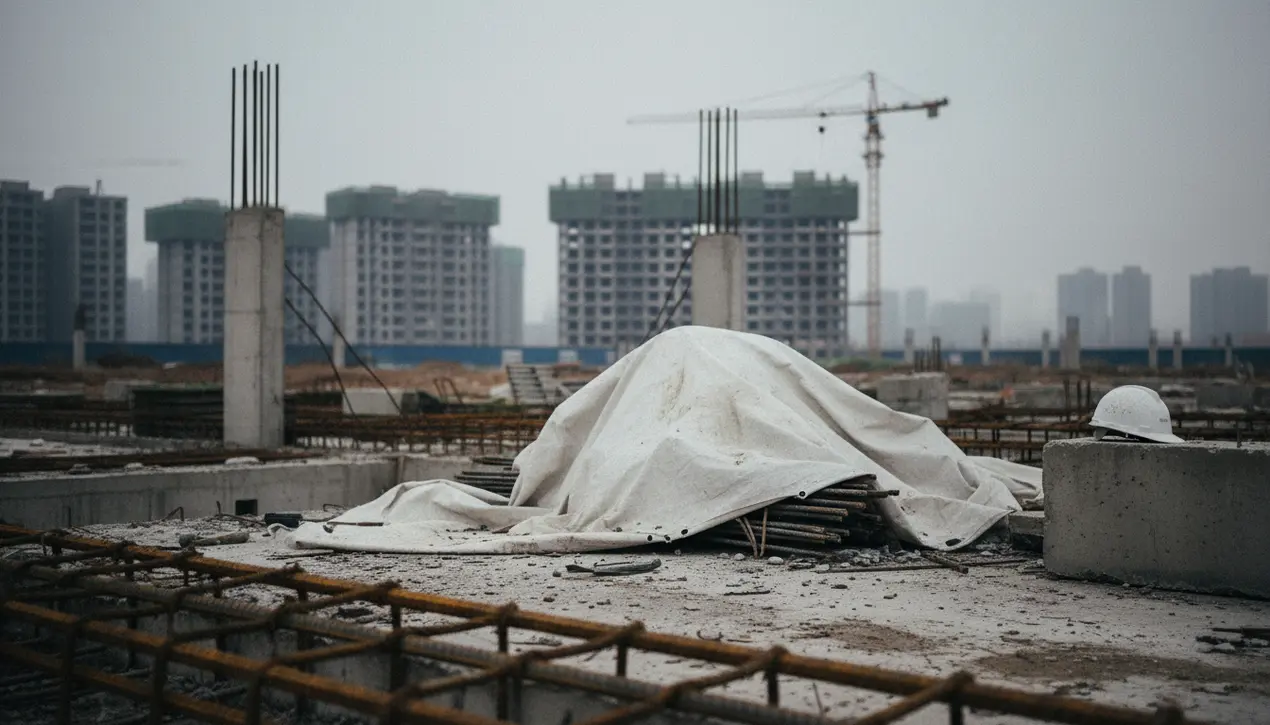
Otherreal estateHousing Market Trends
UBS Analyst Predicts Deeper Slump in China's Property Market
OL
Olivia Scott
10 hours ago7 min read3 comments
In a significant reversal that sent ripples through global financial circles, John Lam, UBS’s head of China property research and a noted contrarian voice, has officially abandoned his previously bullish stance, aligning with his Wall Street counterparts in forecasting a prolonged and deepening slump in the nation's beleaguered real estate sector. Lam now projects that home prices in mainland China will continue their descent for a minimum of two more years before any semblance of a recovery can take root, a sobering assessment that underscores the structural challenges facing what was once the world's most formidable economic engine.This pivot is not merely a revision of numbers; it is a fundamental recalibration of expectations for an industry that contributes roughly a quarter to China's GDP and whose health is inextricably linked to the wealth perception and consumption power of hundreds of millions of citizens. The core of Lam's analysis points to a profound behavioral shift among potential buyers, who are increasingly opting to rent rather than commit to a depreciating asset, a trend that erodes the very foundation of demand and creates a self-reinforcing downward spiral in valuations.This sentiment is compounded by the persistent debt crisis among major developers like Evergrande and Country Garden, whose defaults have shattered consumer confidence and tightened credit conditions, creating a liquidity crunch that stifles new construction and investment. From a macroeconomic perspective, the property downturn acts as a powerful deflationary force, pressuring local government finances that are heavily reliant on land sales and complicating the People's Bank of China's efforts to stimulate the economy without reigniting speculative bubbles.The situation draws unsettling parallels to Japan's post-bubble era in the 1990s, where asset price declines led to a prolonged period of economic stagnation, though the Chinese state's greater control over the financial system offers a different, albeit uncertain, set of policy tools. Analysts are now closely watching for more aggressive government intervention, potentially including direct purchases of unsold inventory or further easing of mortgage restrictions, but the scale of the overhang—estimated in the tens of millions of unfinished units—suggests that even state-backed measures may only serve to cushion the fall rather than engineer a rapid rebound.For global markets, the implications are vast, affecting everything from the demand for Australian iron ore and Brazilian soybeans to the stability of international supply chains and the strategic calculations of central banks worldwide, including the Federal Reserve, which must weigh China's slowdown as a factor in its own interest rate decisions. The UBS analyst's revised forecast is therefore more than a data point; it is a stark confirmation that China's transition from a property-driven growth model to one fueled by advanced manufacturing and domestic consumption will be a painful, multi-year process fraught with financial volatility and geopolitical uncertainty, leaving investors to navigate a landscape where the old rules no longer apply.
#featured
#UBS
#China
#property market
#real estate
#home prices
#John Lam
#residential market
#downturn
#forecast
Stay Informed. Act Smarter.
Get weekly highlights, major headlines, and expert insights — then put your knowledge to work in our live prediction markets.
Related News
Comments
Loading comments...
© 2025 Outpoll Service LTD. All rights reserved.